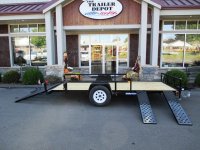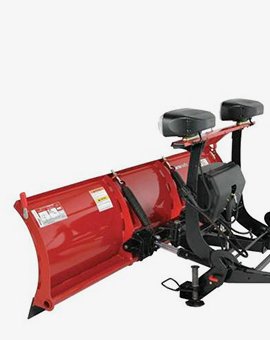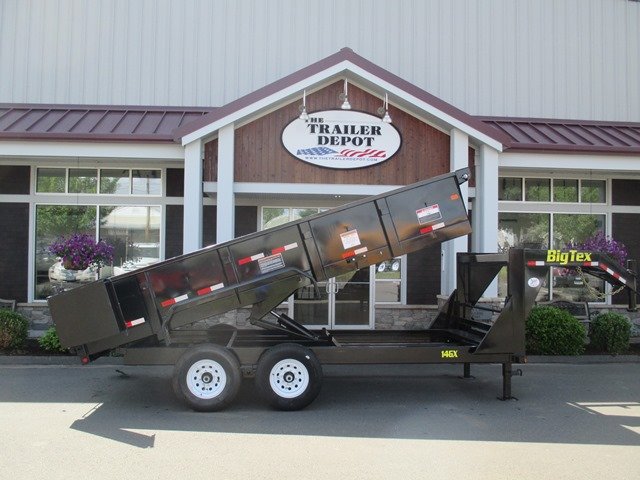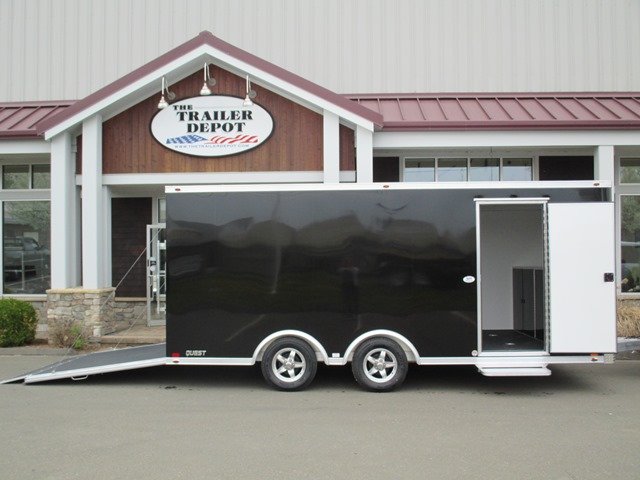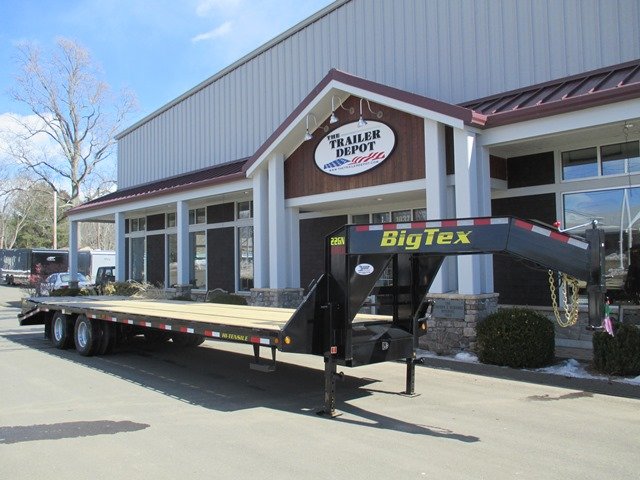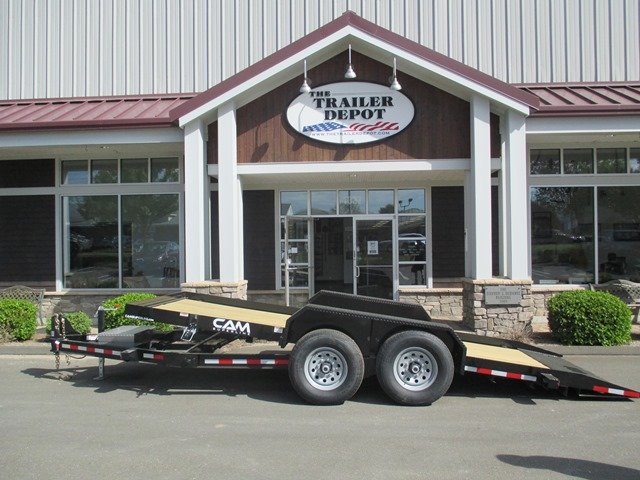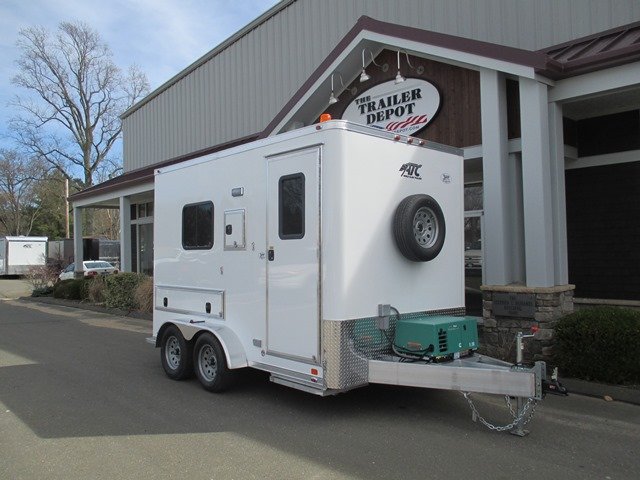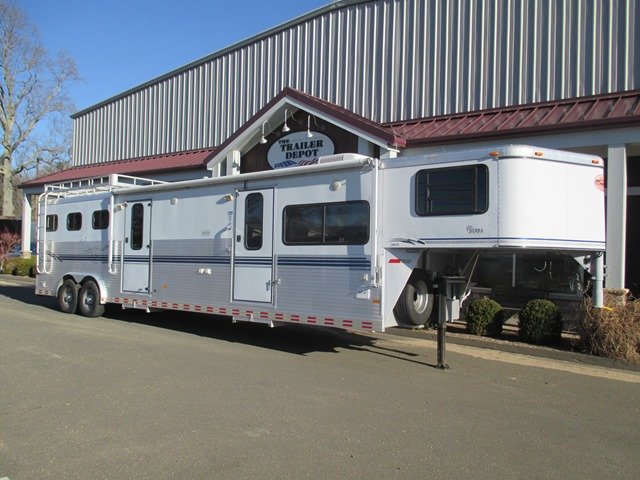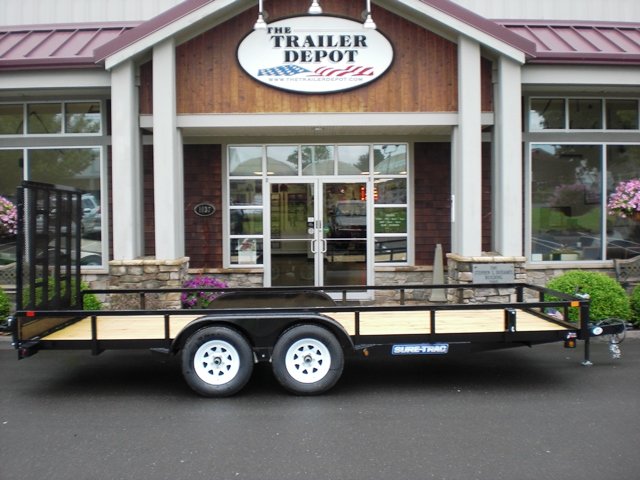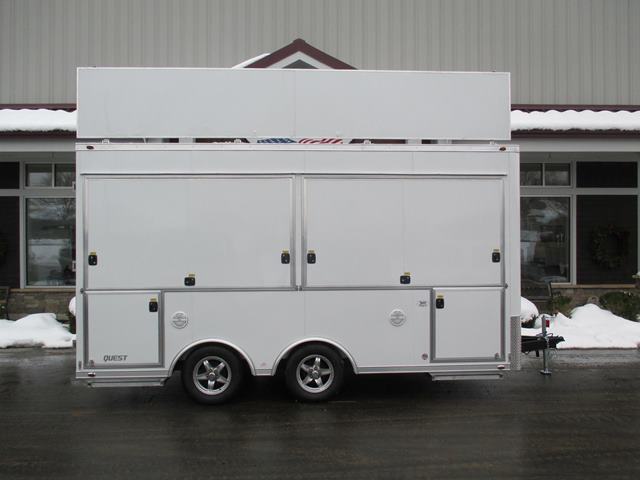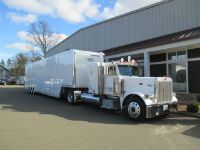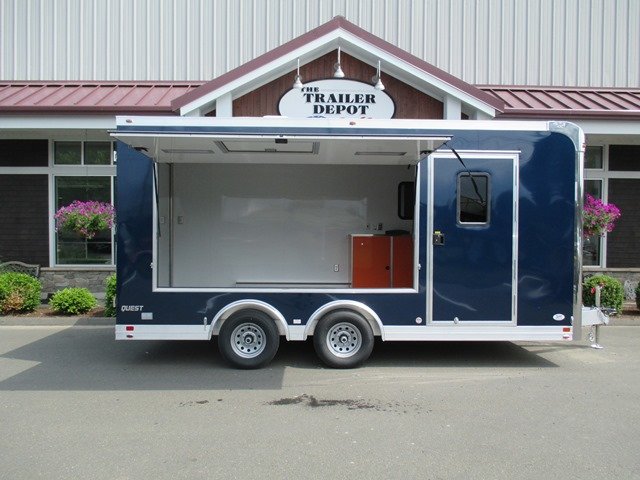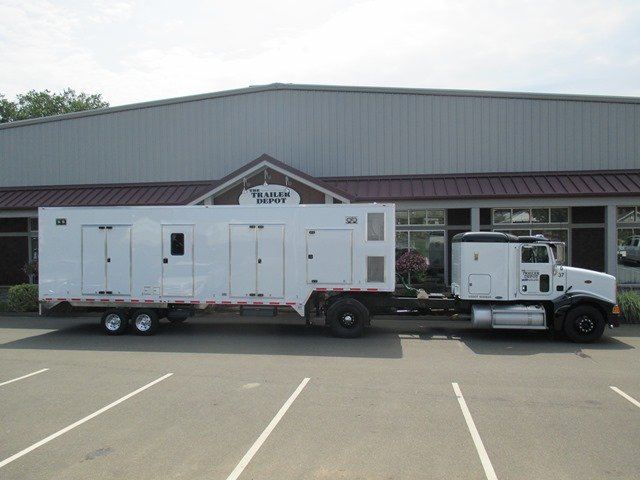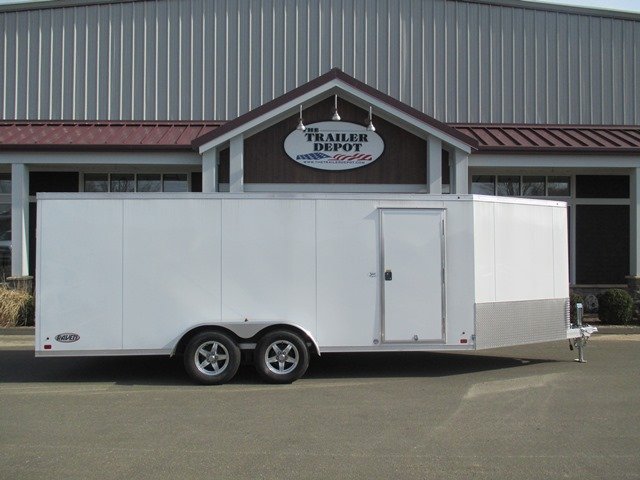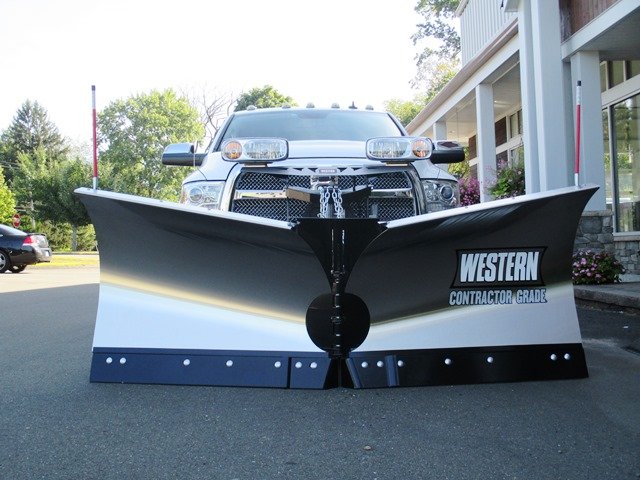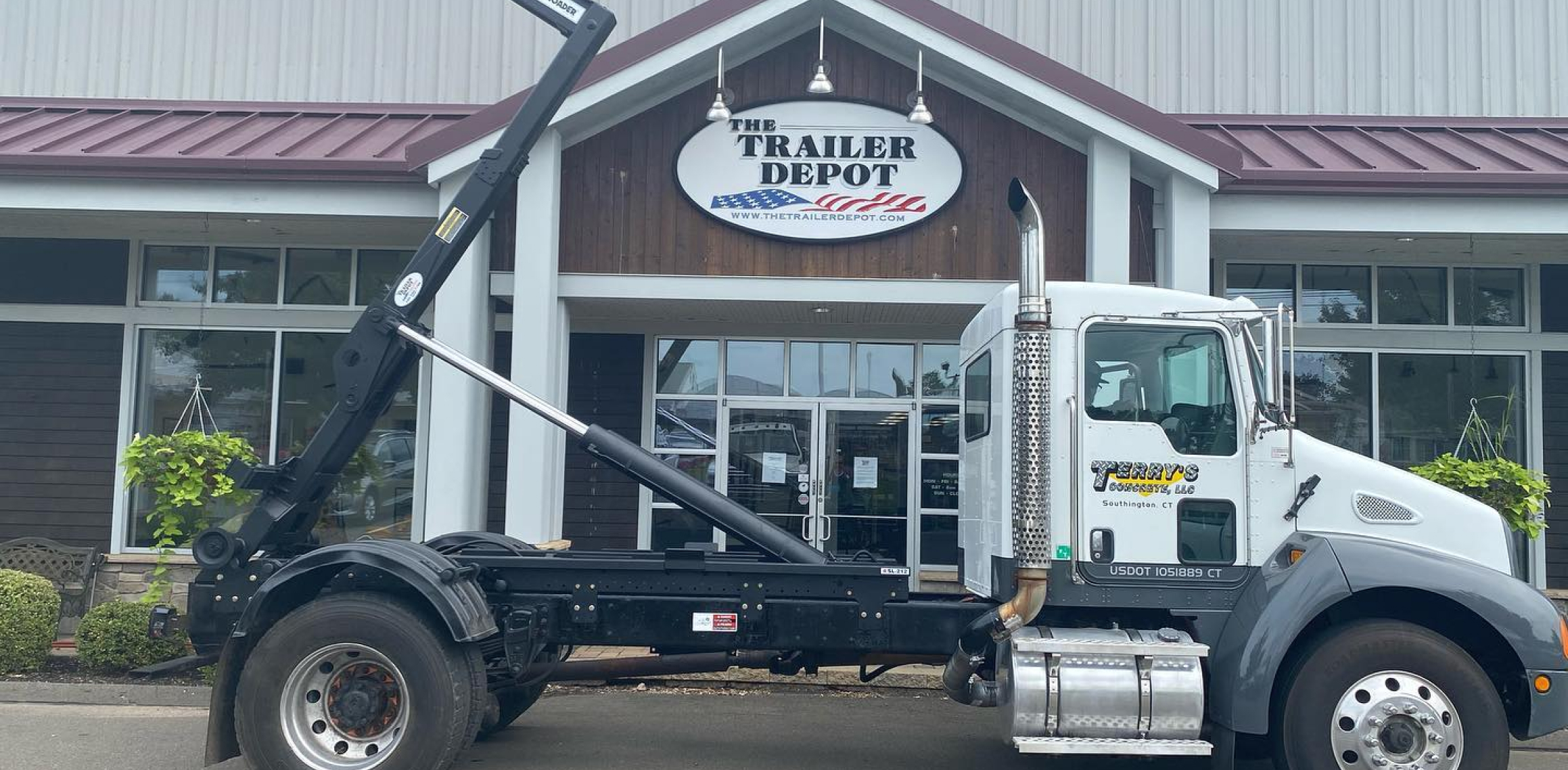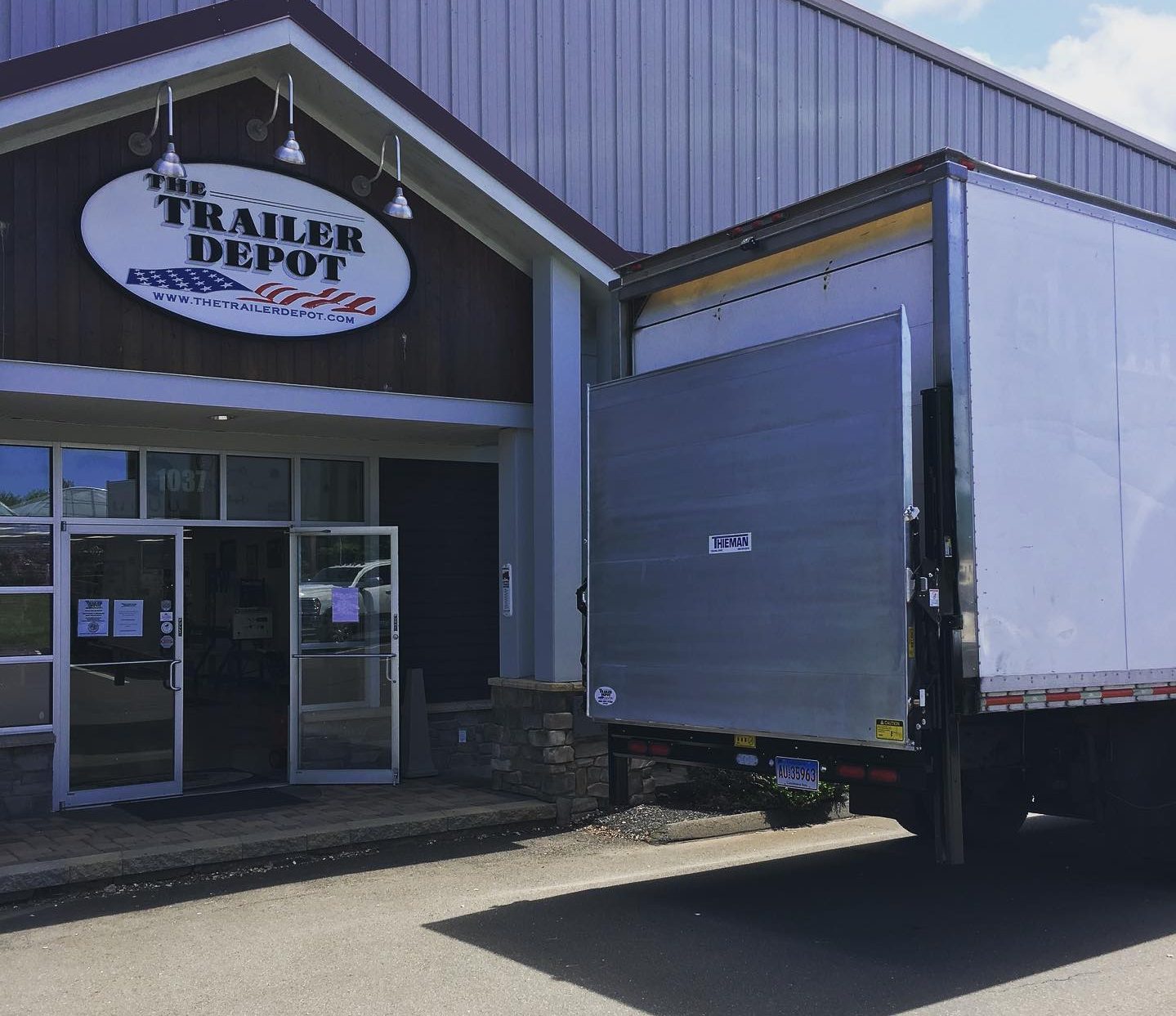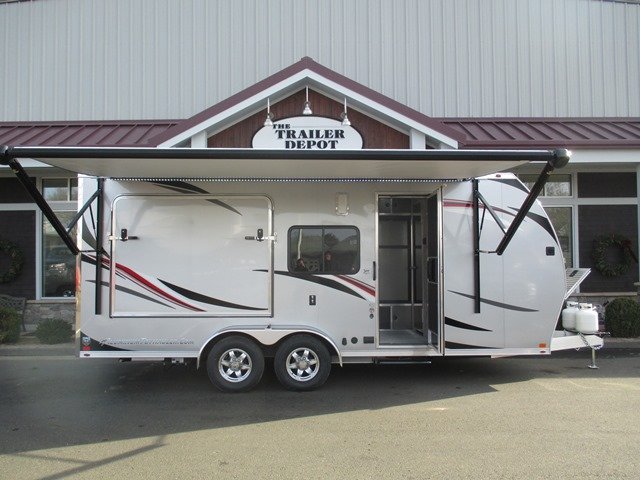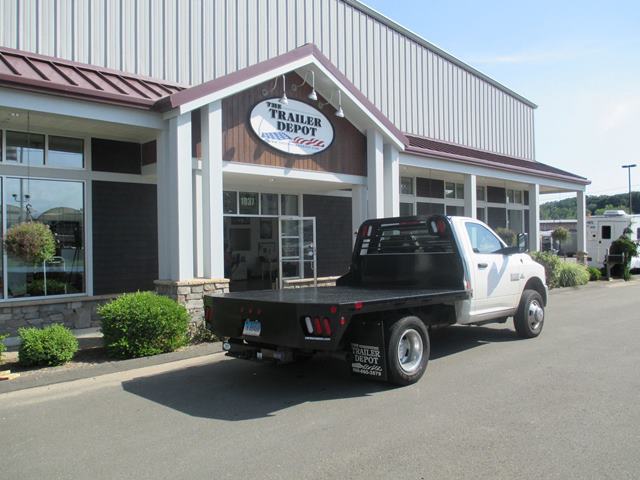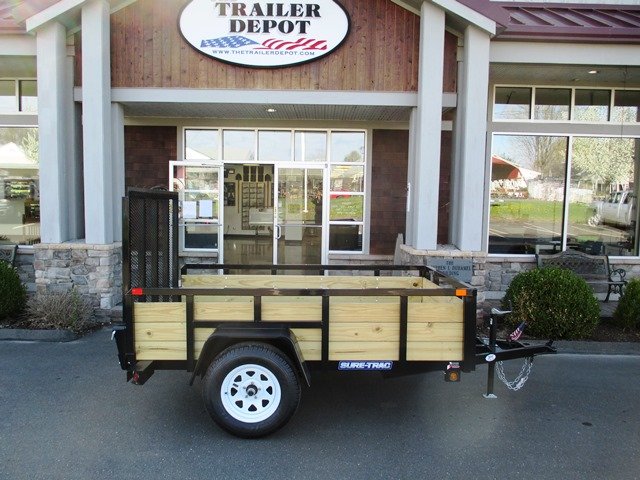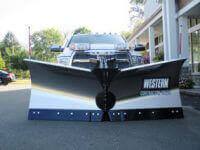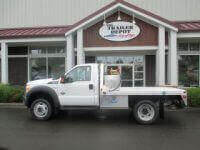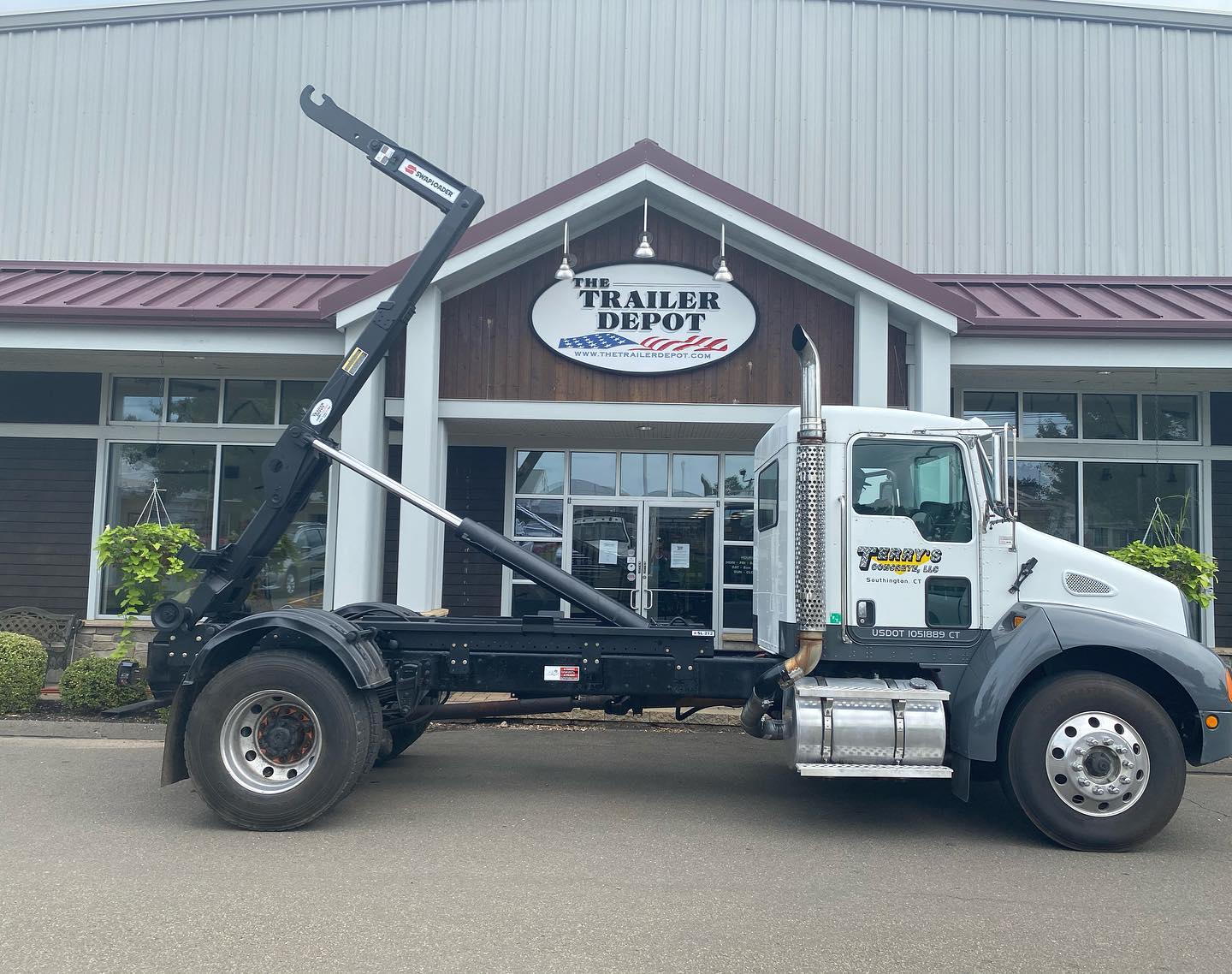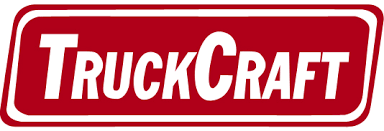Trailer Sizes: Matching Your Vehicle to the Trailer You Need
Published on: September 21, 2023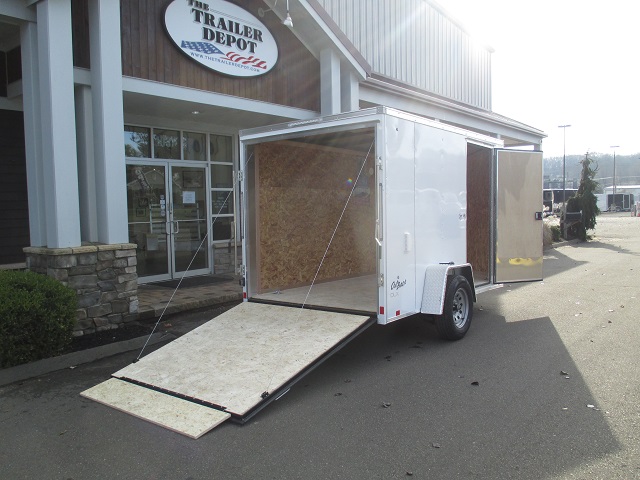
Choosing the right trailer size for your vehicle is crucial for safe and efficient transportation. Whether you’re hauling cargo, moving furniture, mobile classroom or towing a recreational vehicle, matching your vehicle to the right trailer size ensures a safe and successful project or workday.
Let’s look at the various types of trailers available, how to measure trailer sizes, and the benefits of choosing the right size for your needs.
Trailer Sizes: Matching Your Vehicle to the Transportation Solution You Need
Why is the right trailer size so important? What difference does it make if you have a larger or smaller trailer, or lighter or heavier one?
First, the right trailer size ensures you can safely transport your cargo without putting yourself or others at risk. A trailer that is too large for your vehicle will cause instability, making it difficult to control and increasing the risk of accidents. Similarly, a trailer that is too small may not be able to accommodate all of your cargo, leading to multiple trips or risky overloading.
Second, matching your vehicle to the right trailer size also improves efficiency. A properly sized trailer will allow you to transport your cargo in one trip, saving time and money on fuel costs. It also reduces wear and tear on your vehicle, as towing a trailer that’s too large will place undue strain on your engine and transmission.
Understanding Trailer Sizes: Simple Steps Towards the Best Fit
We have dozens of trailer types (brands like Sure-Trac Trailers, Aluma, Cam Superline) available, each with its own features and corresponding applications. Some of the most common types include cargo trailers, enclosed trailers, landscape trailers, dump trailers, equipment trailers, motorcycle trailers and race trailers. When choosing your trailer, it’s important to consider factors such as payload capacity, towing capacity, and overall size.
Trailers are measured in terms of length and width. The length of a trailer is measured from the front of the trailer to the rear bumper, while the width is measured from side to side. These measurements do not include any additional features such as ramps, fenders, or tongue.
The Importance of Matching Your Vehicle to the Right Trailer Size
Towing a trailer that’s too large for your vehicle is dangerous. It can cause instability on the road, making it difficult to control your vehicle and increasing the risk of accidents. An overloaded trailer also puts undue strain on your engine and transmission, leading to costly repairs later on.
Matching your vehicle to the right trailer size is a must for efficiency, safety, and longevity. A properly sized trailer allows you to transport your cargo without putting yourself or others at risk. It’ll minimize wear and tear on your vehicle, ensuring that your trailer remains reliable for years to come.
Common Trailer Sizes and Their Recommended Uses
There are multiple trailer sizes available, each with its own advantages. Some common sizes we carry include 5’x10’, 6’x12’, 7’x18’, and 8’6”x28’’ trailers.
A 5’x10’ trailer is ideal for small loads such as landscaping equipment and some furniture. A 6’x12’ trailer is slightly larger and can accommodate larger items such as home appliances or be used as a motorcycle trailer.
A 7’x18’ trailer is ideal for larger loads such as furniture or construction materials. Finally, a 8’6”x28’ trailer is ideal for oversized loads such as vehicles and heavy equipment.
How to Determine the Maximum Trailer Size for Your Vehicle
Determining the maximum trailer size that your vehicle can safely tow is essential for safe transportation. To determine this number, you’ll need to consider several factors including your vehicle’s towing capacity, payload capacity, and gross vehicle weight rating (GVWR).
Your vehicle’s towing capacity refers to the maximum weight that it can safely tow without putting undue strain on its engine and transmission. Payload capacity refers to the maximum weight that your vehicle can carry in addition to its own weight. Finally, GVWR refers to the maximum weight that your vehicle can safely carry including passengers and cargo.
Tips for Safe and Efficient Towing with the Right Trailer Size
Once you’ve chosen the right trailer size for your needs, it’s important to follow best practices for safe and efficient towing. This includes properly loading and balancing your trailer, ensuring that it’s securely attached to your vehicle’s hitch, and following speed limits when driving.
Schedule time to regularly inspect your trailer for signs of wear and tear such as worn tires or rusted components. Proper maintenance can extend the life of your trailer and ensure that it remains useful and safe for both your vehicle and other drivers for many years.
Trailer Size Considerations for Different Types of Vehicles
Different types of vehicles require different considerations when choosing a trailer size. For example, sports utility vehicles (SUVs) almost always have higher towing capacities than sedans or compact cars, allowing them to tow larger trailers.
If you’re unsure which trailer to go with, call our team and let us know what you’re considering. We’re always happy to provide recommendations for our customers and answer any kind of question.
Size of a Trailer Hitch
Choosing the right hitch for your vehicle and trailer is essential for safe transportation. There are several types of hitches available including ball hitches, pintle hitches, and gooseneck or fifth-wheel hitches. Selecting the right trailer hitch type hinges on both your trailer’s size and the vehicle you’re using.
For lighter trailers and everyday use, ball hitches offer ease of use and flexibility, with various ball sizes catering to different trailer weights. Pintle hitches are ideal for heavy-duty applications and often used in construction, military, or government settings.
Gooseneck or fifth-wheel hitches excel when towing larger RVs or horse trailers, providing enhanced stability and weight distribution. Prioritizing compatibility between the trailer hitch and your vehicle’s towing capacity ensures a secure and efficient hauling experience.
Trailer Size Maintenance and Care: Keeping Your Investment In Great Condition
Schedule service at a minimum of every 12 months or 12,000 miles. Proper maintenance is essential for keeping your trailer safe and reliable over time. This includes regular inspections for signs of wear and tear such as worn tires or rusted components. Remember to store your trailer when not in use to protect it from weather damage or theft.
Wrapping Up
Choosing the right trailer size for your needs is essential for safe and efficient transportation. By considering factors such as payload capacity, towing capacity, and overall weight distribution, you can ensure that you choose a trailer that is both safe and reliable over time. With proper maintenance and care, your investment in a quality trailer can provide years of reliable service on the road ahead.
Interested in learning more about the trailers we have available? Check out our currently available products and reach out to us now for pricing and detailed info. We look forward to serving you!


